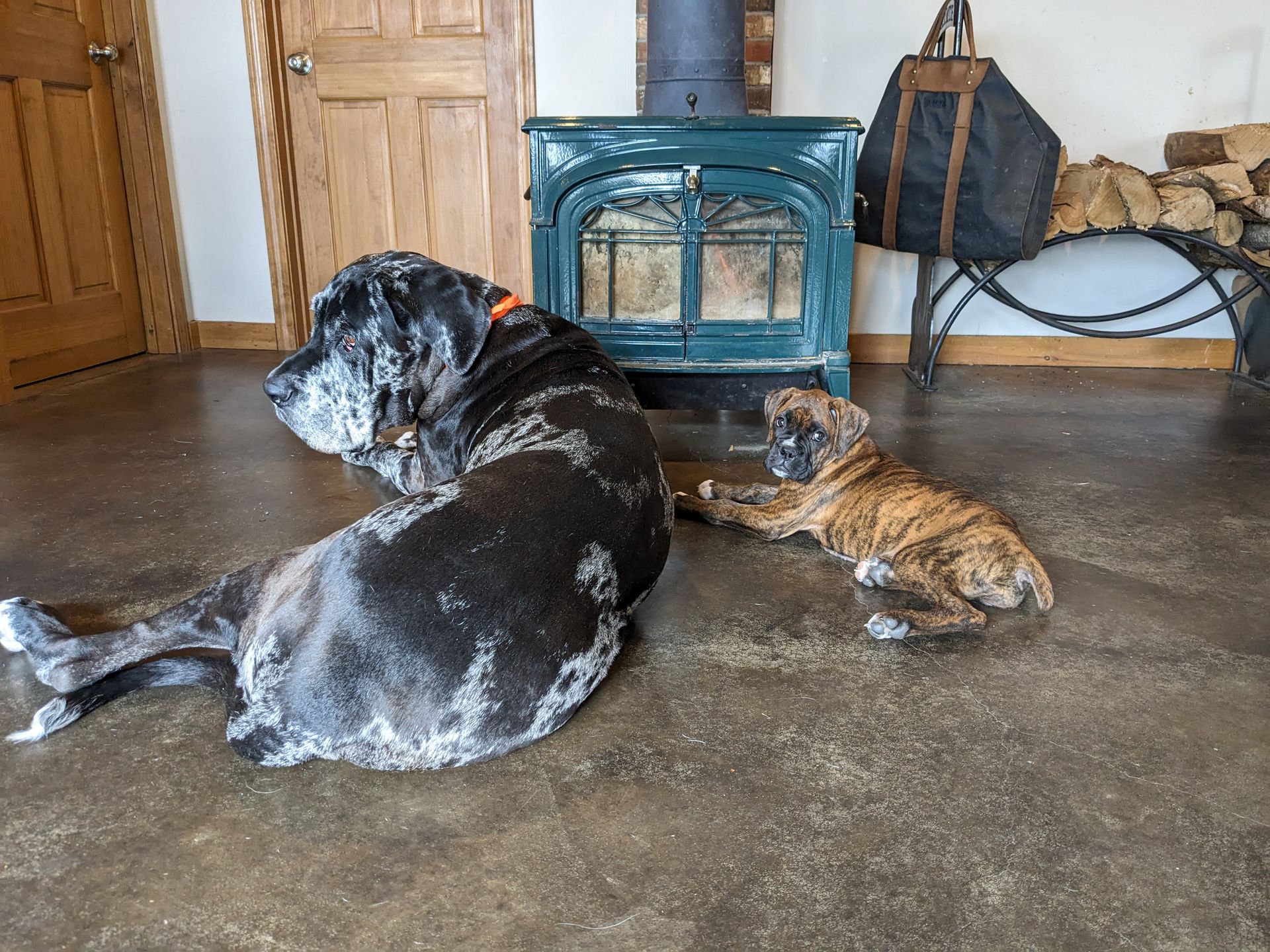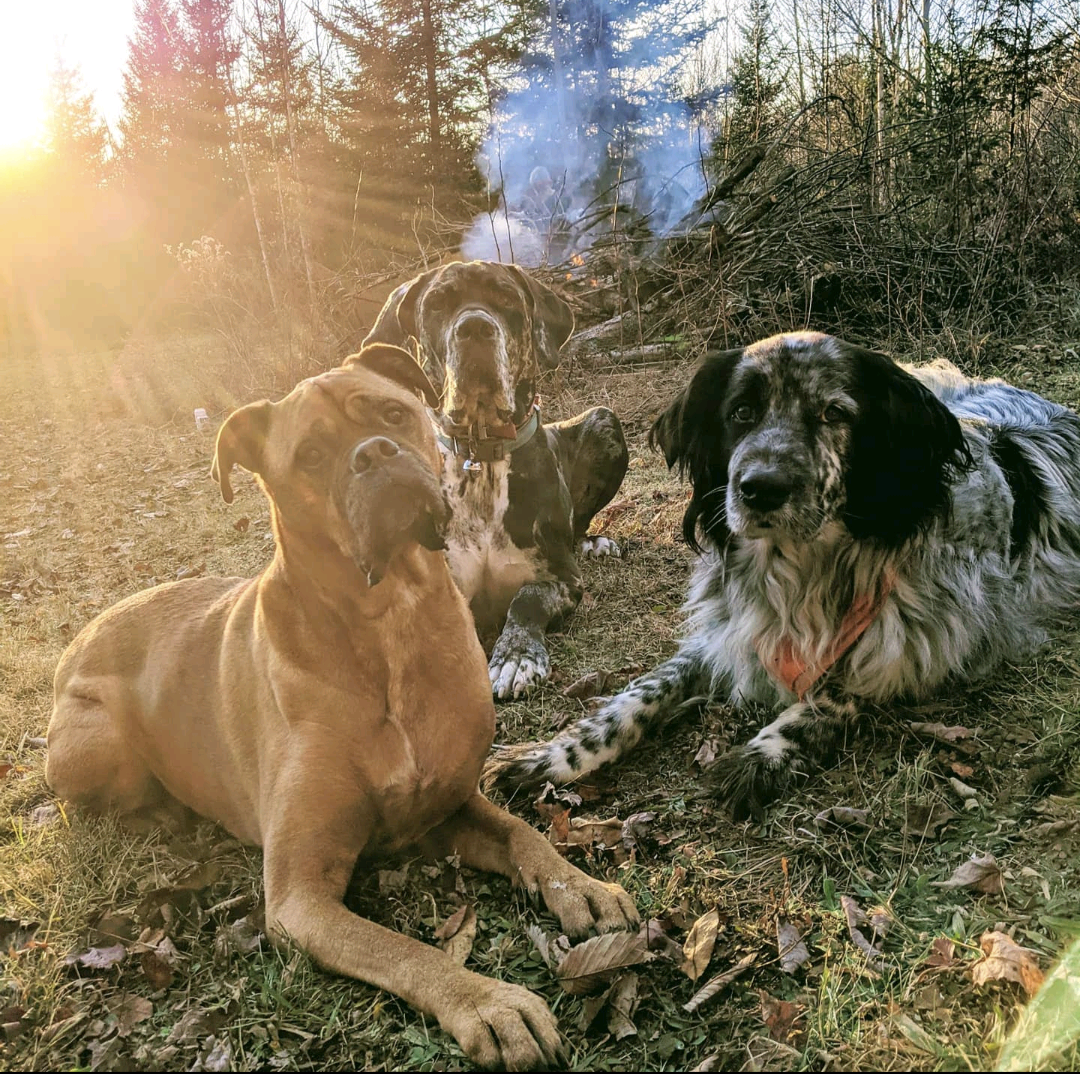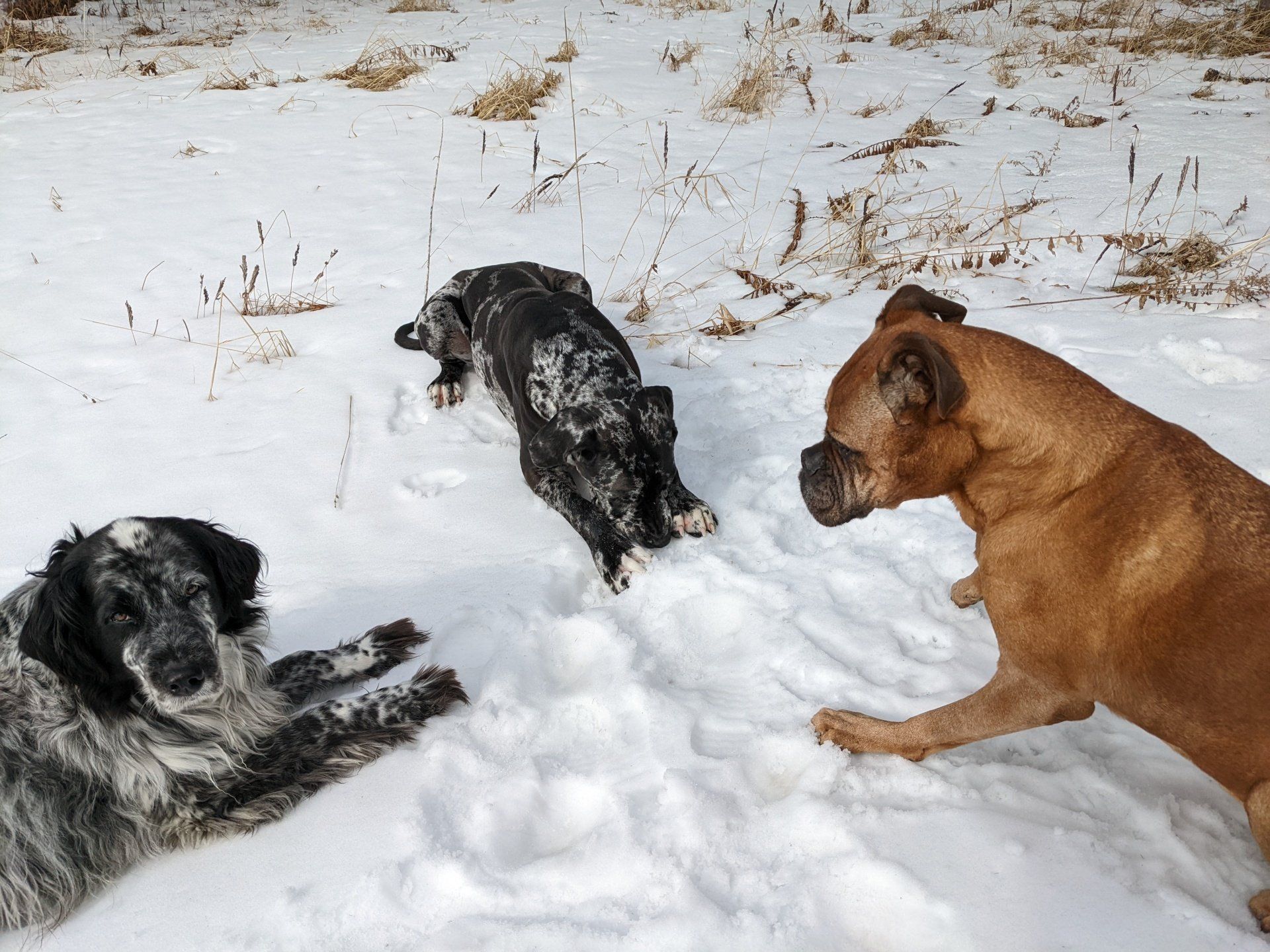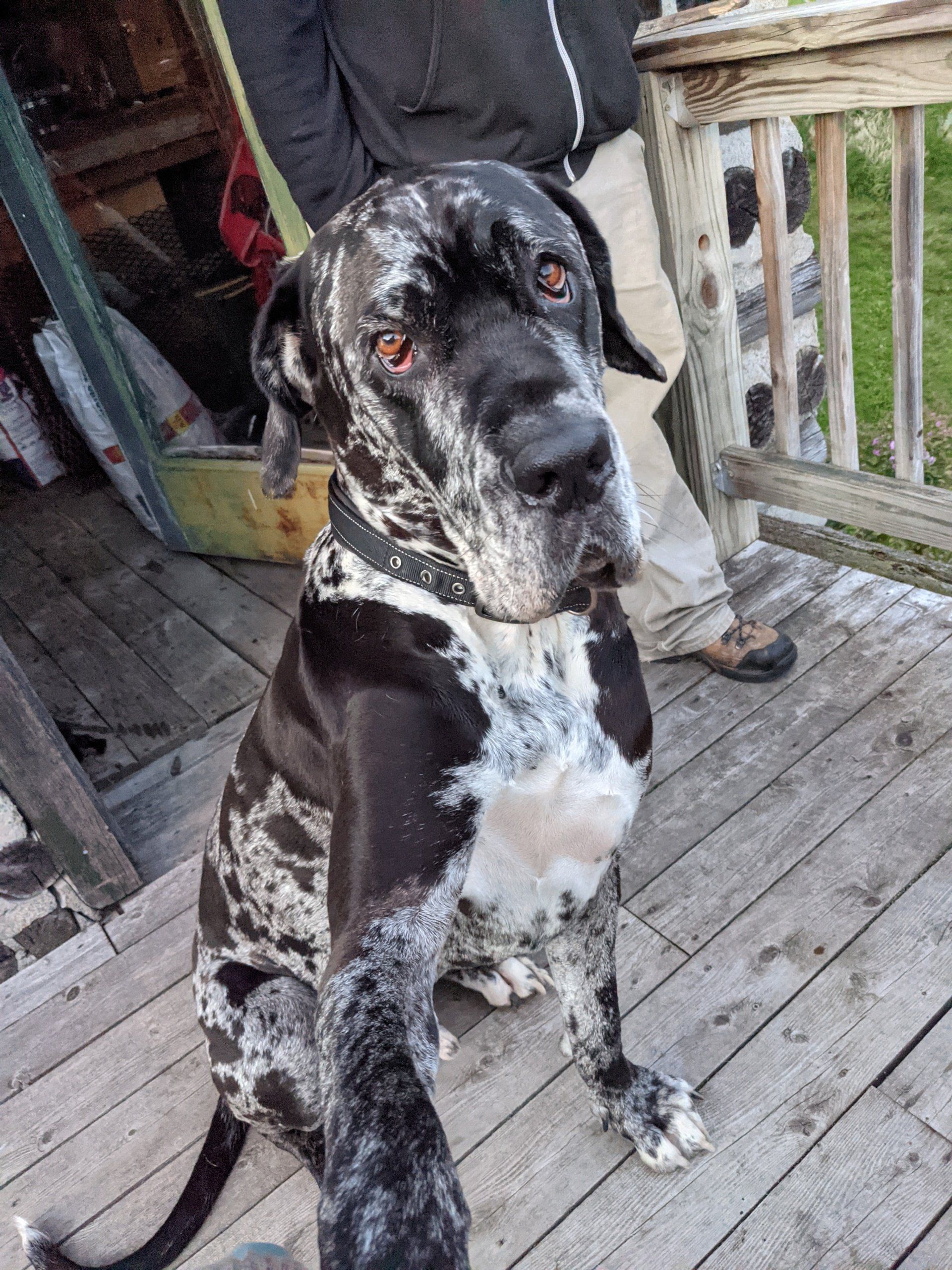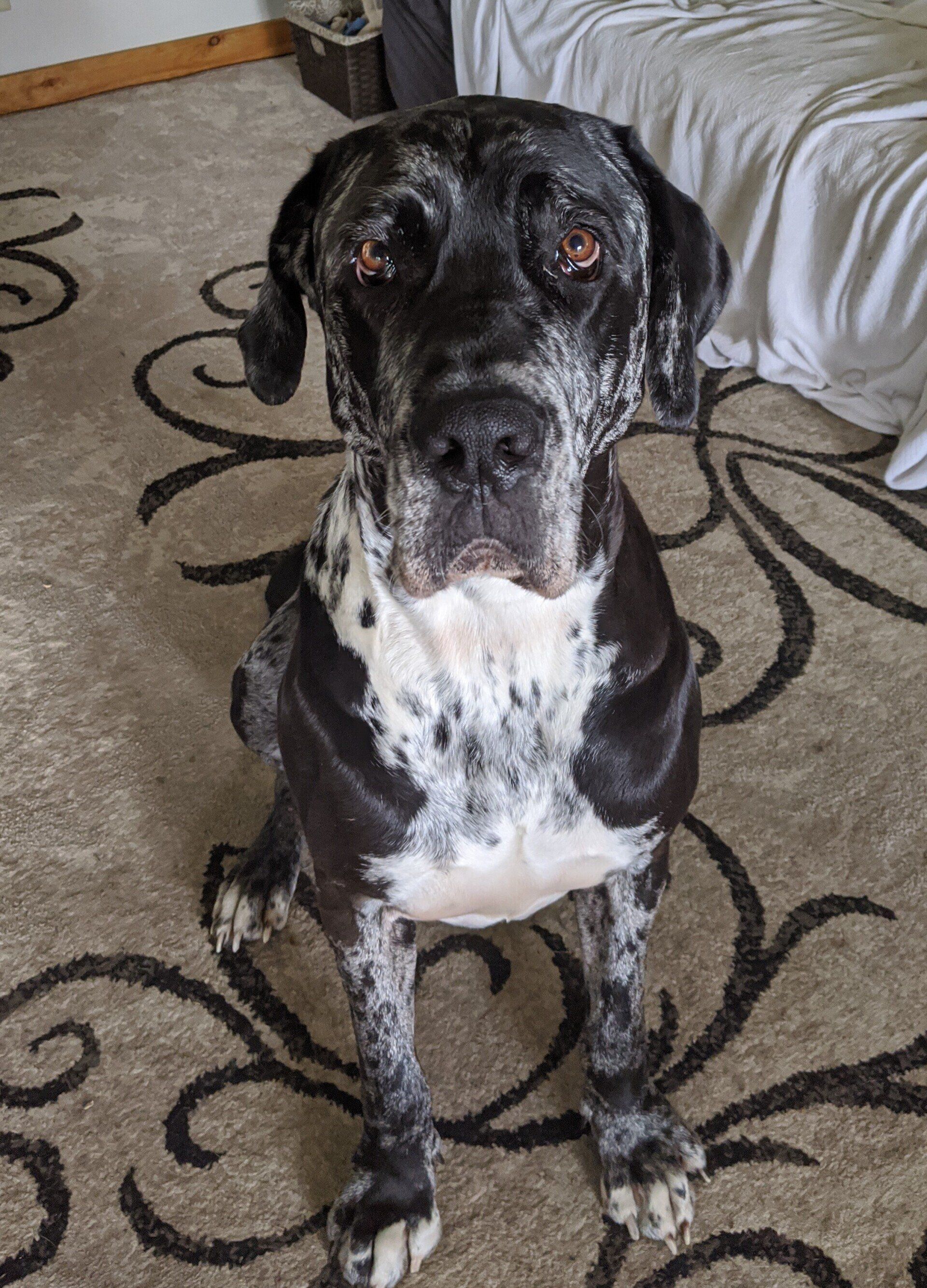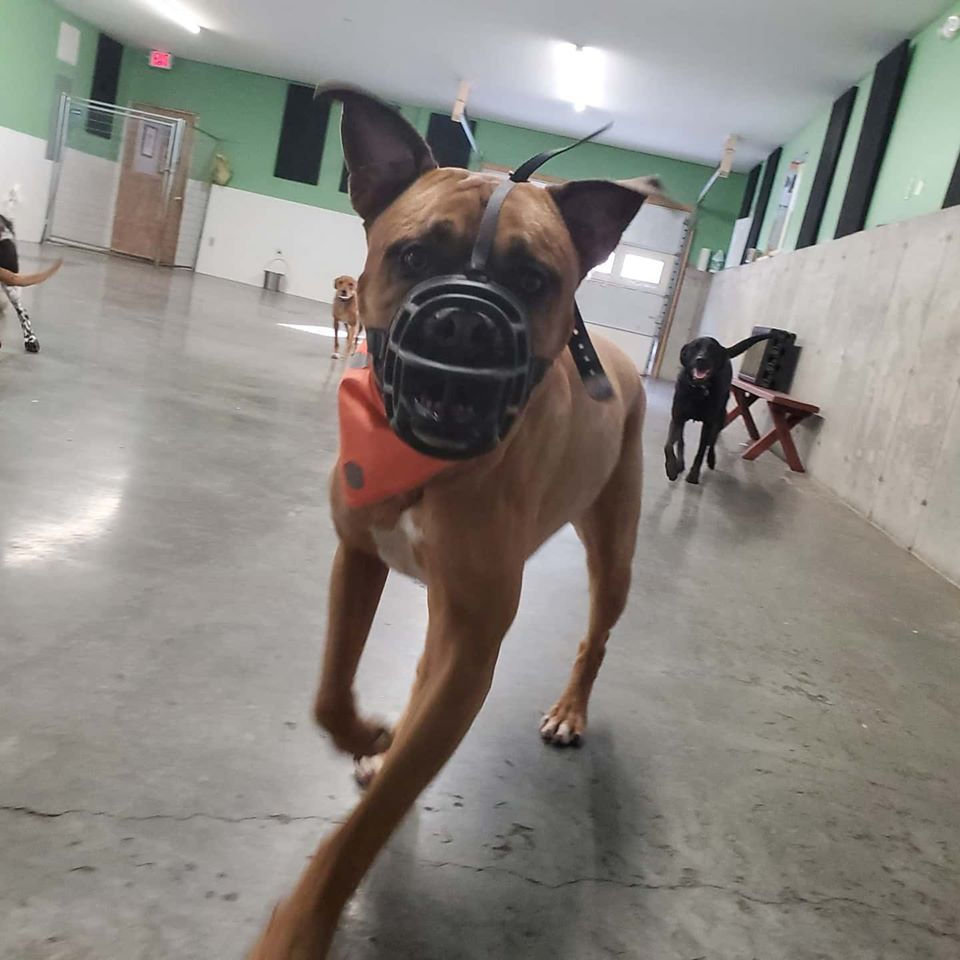There Will Be Setbacks!
Gillian Scarpino
It's how you deal with them that counts.
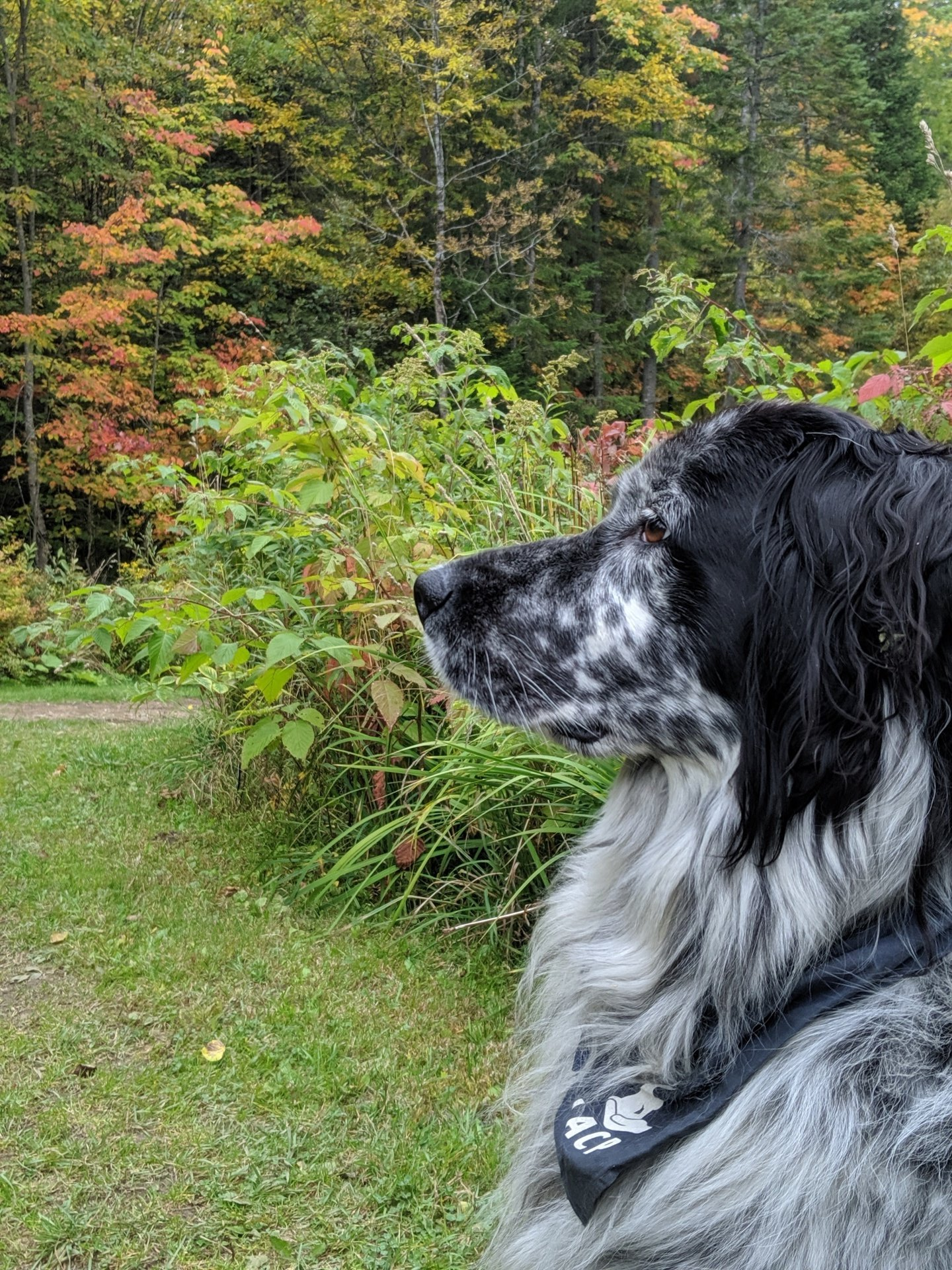
As I’ve been recently working with my own dogs on a few goals I have set for them, I've realized that I'm not as hard on myself as I once was. I identify as a recovering perfectionist, and I would like to thank motherhood, dog ownership, and business ownership for humbling me LOL! In the beginning, I would have doubted myself, thrown in the towel early, or felt like a failure if one little thing went wrong in the training process. How many of you can relate to that?
I like to talk about mindset a lot because I feel like it’s the missing ingredient. You can have a bunch of tools in your toolbox when it comes to training your dog, but if your mind is your own worst enemy, you won’t get very far.
The very first thing you should know when you start any kind of training program is that – THERE WILL BE SETBACKS! No one is immune to this. And setbacks are not a bad thing. Reframe that thought into something that is helpful: Setbacks mean you are trying. Setbacks mean you are learning. Setbacks mean you are at least out there willing to make mistakes and figure out how to help your dog. You are doing what others are not willing to do!
Our Aussie mix Lexi (pictured above) loves to chase squirrels. It is something she learned to do when she used to have free range of our property and we were not always outside to monitor her. She has practiced this behavior for a few years, so changing her mind about squirrels will not be an overnight fix. Lately I’ve been doing a lot of work with her on this to help her realize that every time she hears that squirrel “chirp” she gets treats if she looks at me. Last week, I had put her in a sit/stay during one of our walks. As I stepped back, a squirrel that was very close by let out a chirp and Lexi was GONE! She bounded away into the woods after him and ran for about 5 straight seconds. I stayed silent and watched her run. When she stopped running, I gave out a whistle and said “come here Lex!”. She came running back and sat next to me awaiting her treat. To me, this was a huge victory! Yes, she broke and ran after the squirrel, the one thing we are working on her not doing. But, two weeks earlier, I moved a little too fast with the training and took her off leash before she was ready. The first time she heard a "chirp" she was off and running, scaling the tree and barking, totally focused on the squirrel and not paying attention to me. It took her a full minute to tune into what I was asking from her. When she came back I still gave her some praise, then put her back on leash and did some focus exercises with her to help calm her down (she was amped!). Taking that chance by letting her off leash, I knew the risk. I let her practice the behavior I didn't want her to do, but I learned where we stood in the training and came up with new ideas to help slow her down and change that association.
Last week, she only broke for a matter of seconds and came back the first time I called. I was able to slow her down again and we enjoyed the rest of our walk with her by my side, off leash, tuned into me.
Three days ago, a squirrel chirped while we were walking in the woods, and instead of bolting, she looked to me for guidance. What an amazing feeling that was! The setbacks that have happened during this process still
led me to my ultimate goal for her. Think about that! You are allowed to make mistakes and you will still reach your goal! The only way you will fail is if you will quit. Reaching my goal for Lexi didn’t happen by planning out a perfect training program from inside my house. It happened by going outside and trying new things and being patient with myself and with her. I also know, with 100% certainty, that there will be more setbacks and mistakes with our squirrel training, guaranteed.
If you don’t expect setbacks, it’s going to make the training journey very difficult! There is no such thing as failure – you either get what you wanted or you get the lesson. You can’t edit a blank page. You just have to get out there, expect
to mess up, and then pick yourself back up and move forward. Dogs are not robots, they are living, breathing beings with their own free will. Cut them (and yourself) some slack and watch the magic that happens when you throw out all expectations and start with what you know and where you are.
Happy training!


